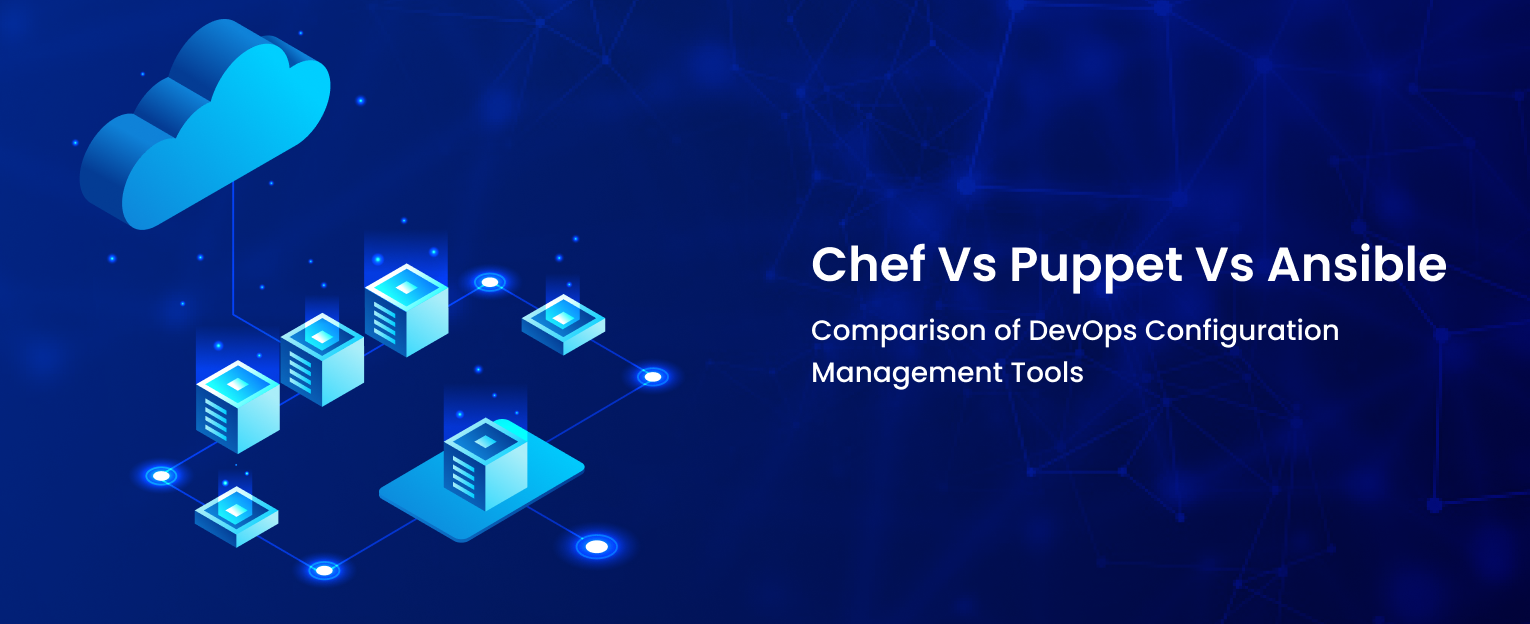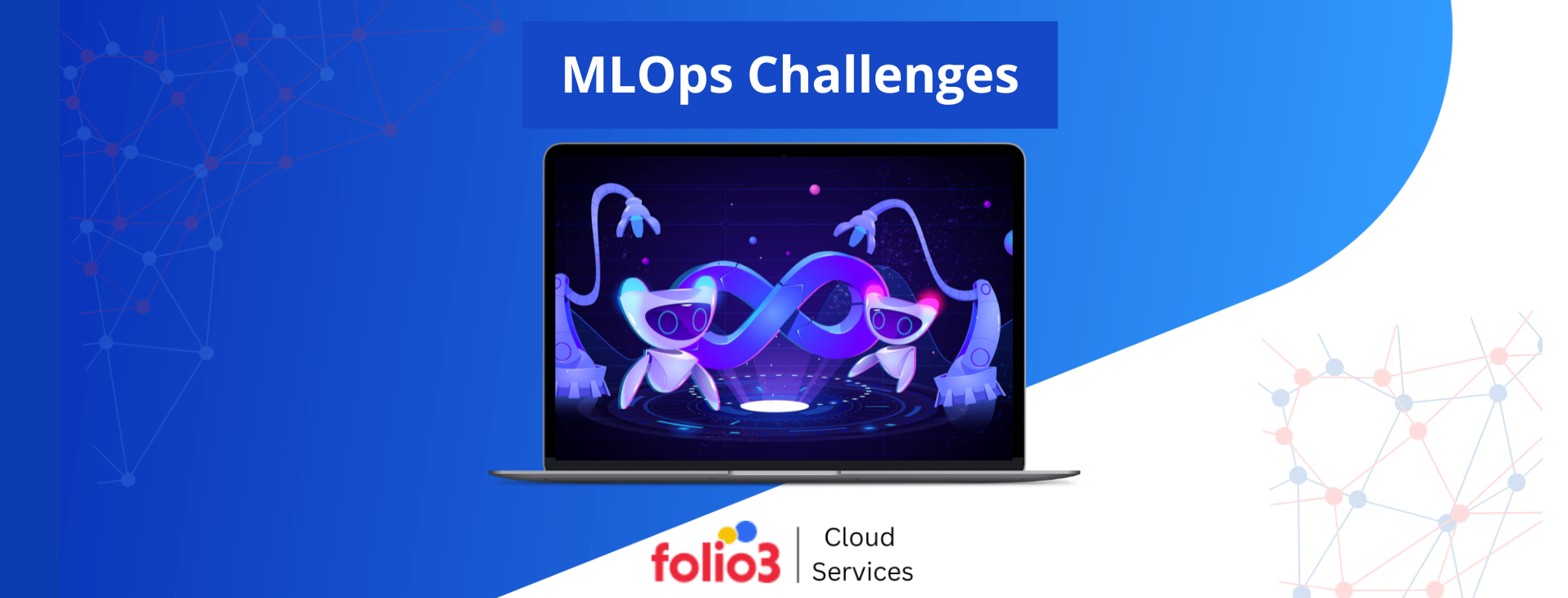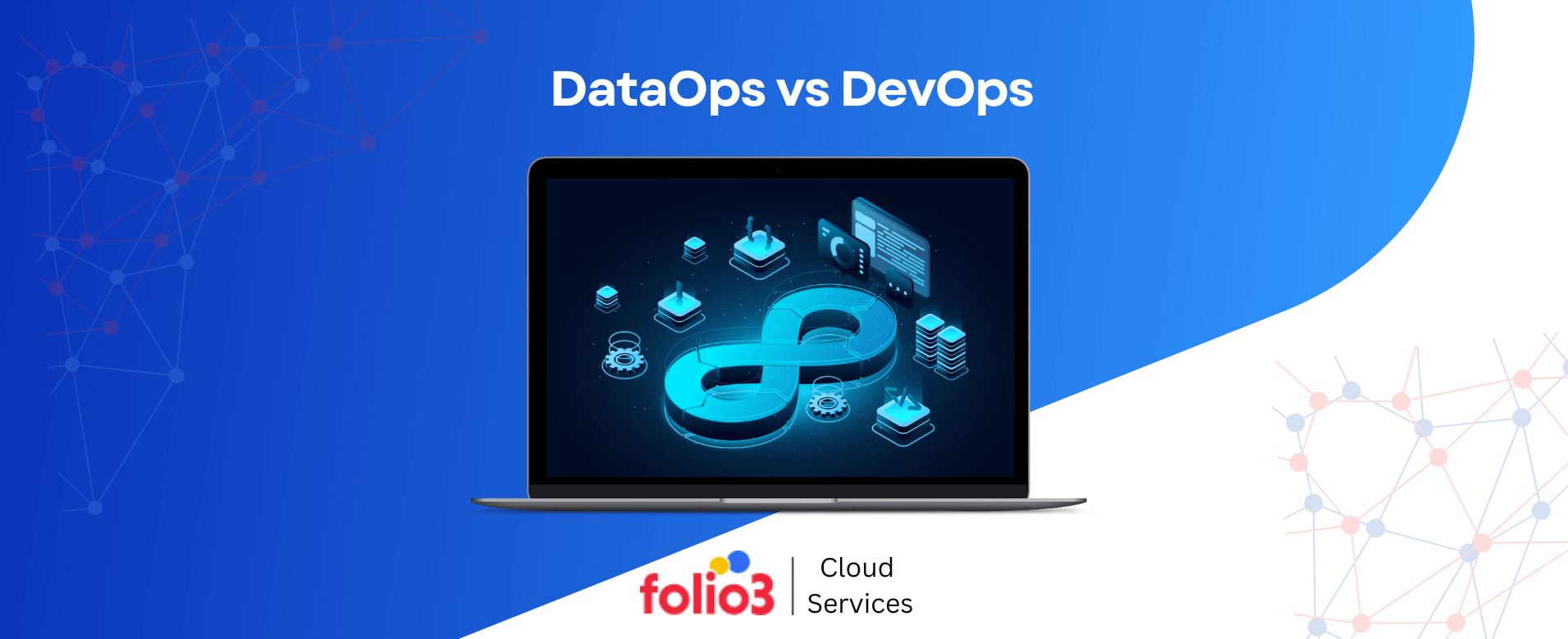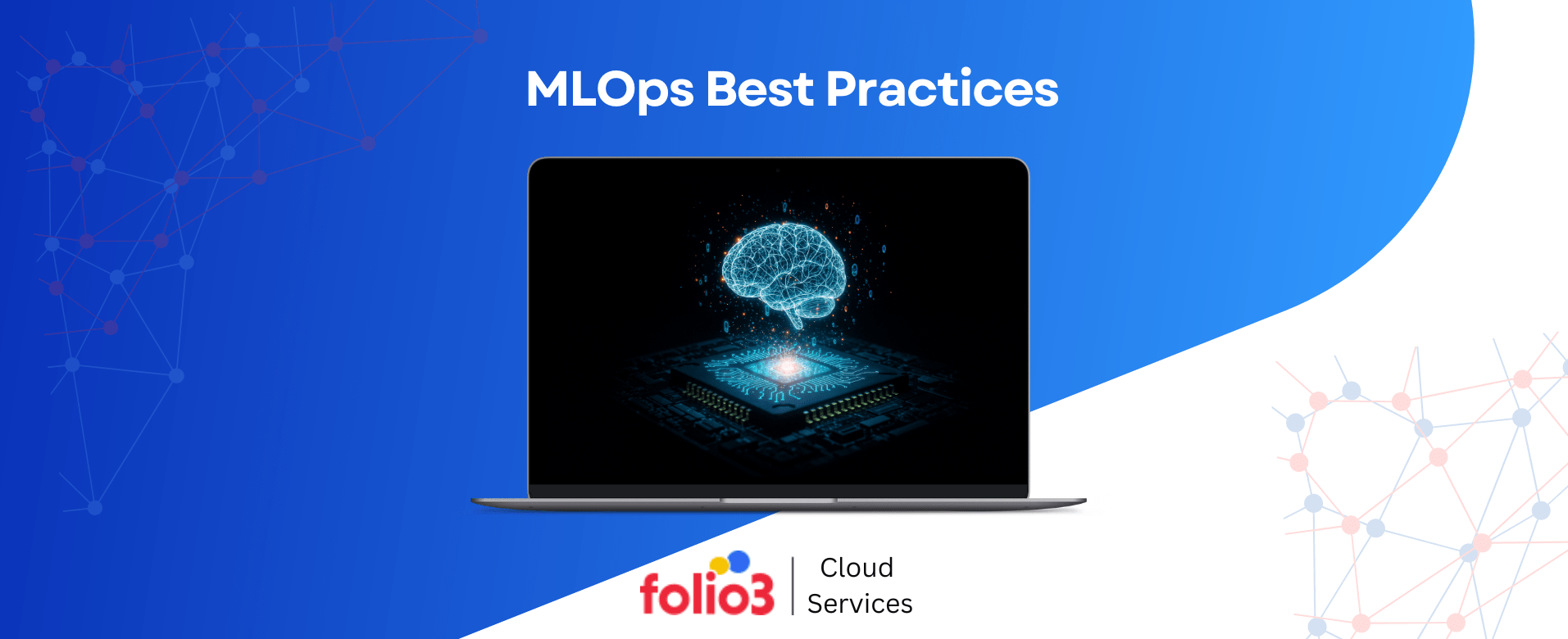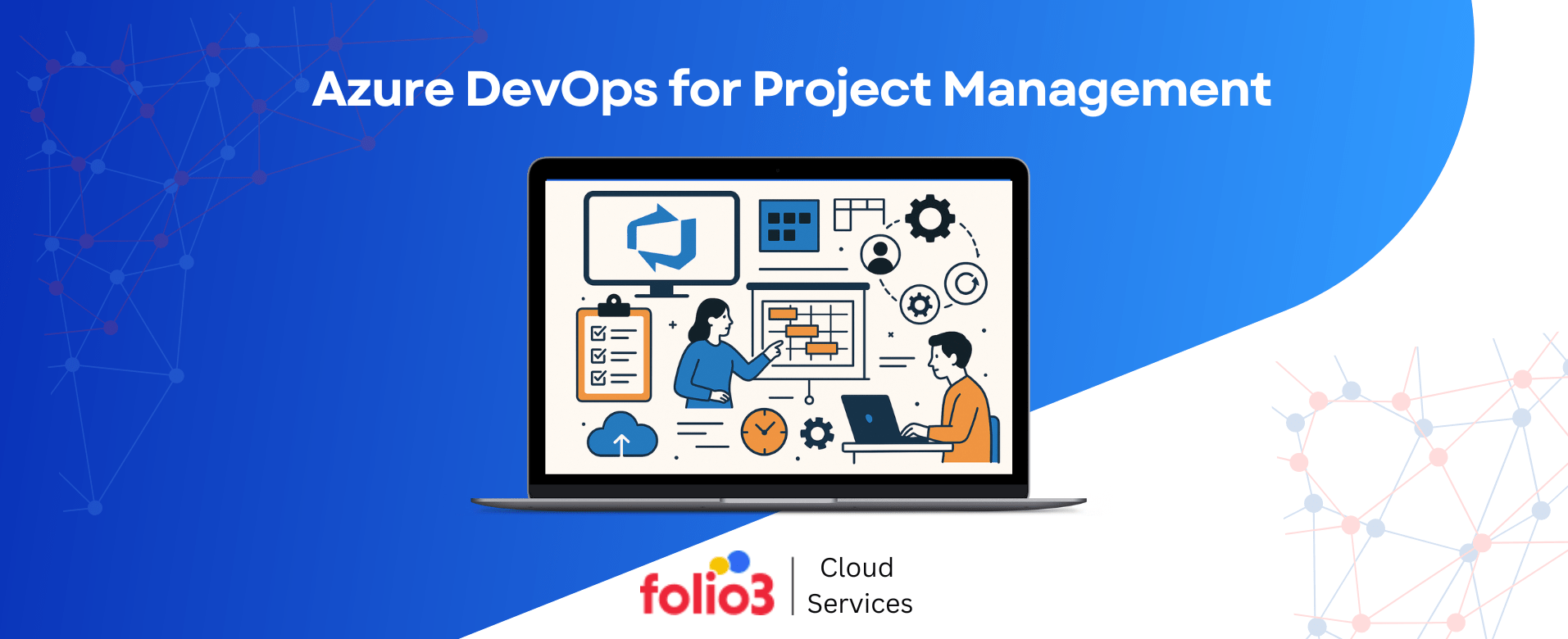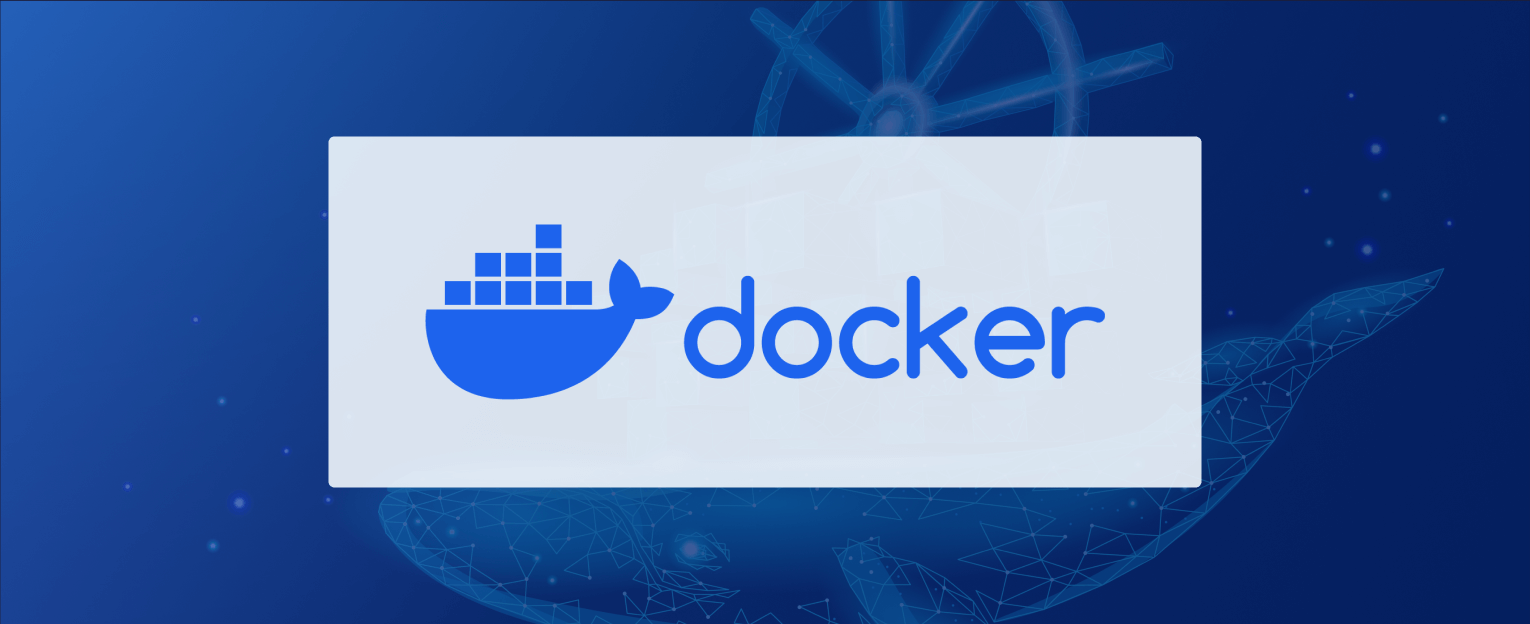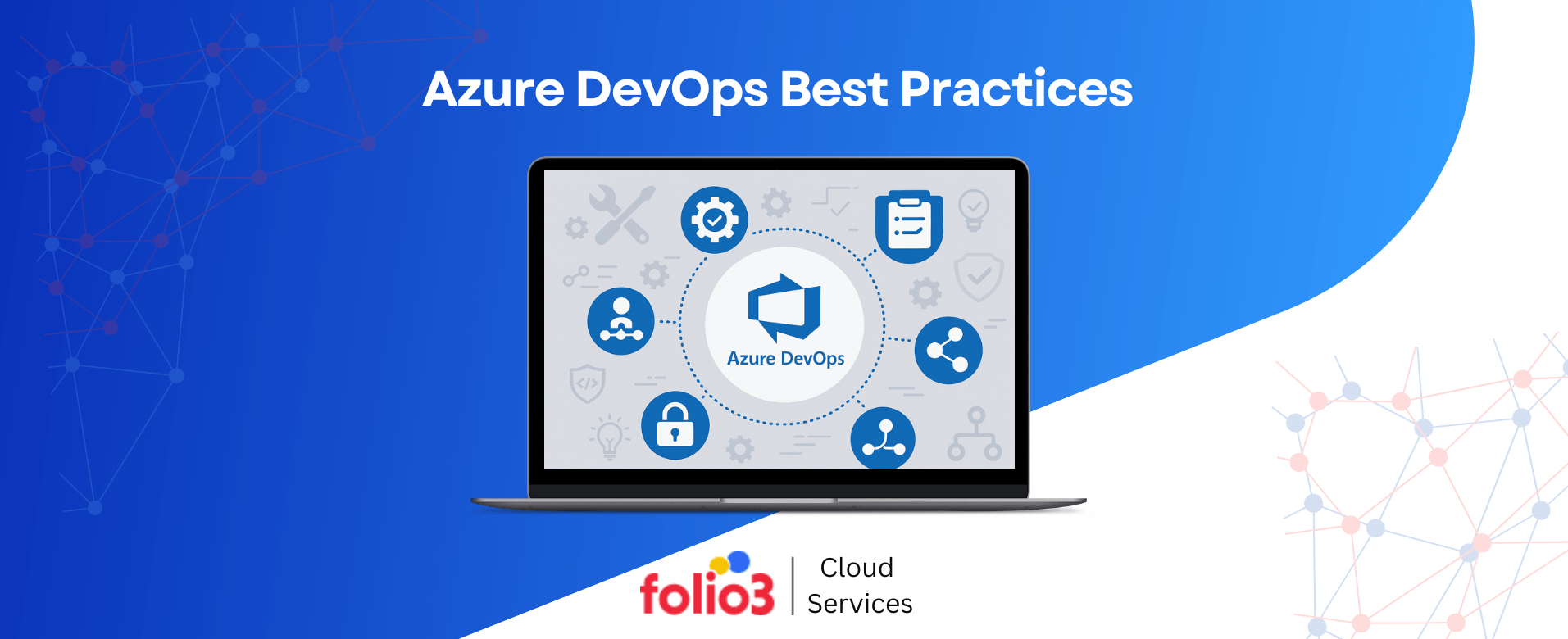Due to its rapid development since its beginnings, DevOps is now essential to the success of any organization operating in the modern digital environment. There is now intense competition among businesses to be the most innovative as more and more adopt this new culture.
- As per Allied Market Research, the DevOps market is expected to reach more than $55 billion by 2030.
- StrongDM stated that more than 54% of companies have implemented DevOps and getting a very positive impact.
According to Softuvo Insider on Medium, more than 45% of companies have analyzed the better ROI and reduced time-to-market of their services.
There are three available tools: Chef, Puppet, and Ansible. Choosing the one that best fits your company’s needs is essential. This article will explain Chef Vs Puppet Vs Ansible differences that will help you make the ideal decision.
Chef vs. Puppet vs. Ansible – What are the differences?
With the rapid development of DevOps consulting, and its increasing integration into all aspects of business, it is important to make a DevOps tools comparison.
| Category | Chef | Puppet | Ansible |
| Ratings on Gartner | 4.4 | 4.2 | 4.5 |
| Availability | Backup Server | Alternative Master | Secondary Instance |
| Architecture | Master-agent | Master-agent | Only Master (agentless) |
| Ease of Set up | complicated and time-consuming due to its steep learning curve and setup process. | A substantial amount of time is needed for training and installation. | Easiest to set up and master, requires little effort for initial setup, and has a shallow learning curve |
| Management | Difficult | Difficult | Easy |
| Configuration Language | Ruby DSL | Ruby, Puppet DSL, Embedded Ruby (ERB), DSL | Python, YAML |
| Scalability | High | High | Ver High |
| App Deployment | A Chef does not deploy apps. | App deployment is difficult. | With Ansible, you can swiftly and easily deploy software. |
| Interoperability | The server supports Linux / Unix only. Client and Workstation use Windows. | Puppet Master Server with only Linux / Unix support. Puppet agent or client use Windows for work. | Ansible server works on Linux support. Ansible client works on Windows. |
| Pricing | Standard Hosted Chef: USD 72 / year/nodeChef Automation: USD 137/year/node | Puppet Enterprise: USD 120/year/nodePremium: USD 199/year/nodes | Self Support Package: USD 5000 / yearPremium: USD 14,000/year/100 nodes |
1. Availability
If the primary server fails, all DevOps configuration management tools have a secondary server ready to take over. If there is an outage in the infrastructure, Ansible’s secondary inactive nodes might take over as the primary active nodes after the DevOps tools comparison.
| DevOps Tools | Availability |
| Chef | Backup Server |
| Puppet | Alternative Master |
| Ansible | Secondary Instance |

Transform Your Business with Expert DevOps Consulting
Transform your business with our expert DevOps consulting. Schedule a consultation and accelerate your delivery today.
2. Ease of Setup
As Ansible is an agentless automation solution, its ease of installation is a major benefit over the competition. Ansible may control and monitor many other computers and networked devices with a single host computer as its base. As opposed to other configuration management systems, Chef and Puppet are client-server based; therefore, getting started with either requires installing the relevant tools locally on your desktop and developing your setup there.
| DevOps Tools | Architecture | Ease of Setup & Installation |
| Chef | Master-Agent | Chef Workstation makes it tough and complex |
| Puppet | Master-Agent | Its complex because of Mater and Agent certificate signing |
| Ansible | Only-Master (Agentless) | Easy |
3. Management
Compared to Ruby DSL, Ansible’s higher ease of management is since it is a Python and YAML-based technology. Ansible supports both Push and Pull based configuration management, which implies that secondary nodes can either pull the configuration from the central server directly or the central server can push these configurations with particular commands to the secondary nodes.
| DevOps Tools | Configuration | Ease of Management |
| Chef | Pull | Difficult |
| Puppet | Pull | Difficult |
| Ansible | Push & Pull | Easy |
4. Configuration Language
The language used to write the configuration files varies from tool to tool. This can be a major issue in determining which tool is best for your company. Python and YAML comprise Ansible’s configuration language, while Ruby is the norm for Chef and Puppet.
| DevOps Tools | Configuration Language | Suitable for | Level of Difficulty |
| Chef | Ruby DSL | Developers | Difficult |
| Puppet | Ruby, Puppet DSL, Embedded Ruby (ERB), DSL | System Administrators | Difficult |
| Ansible | Python, YAML | System Administrators | Simple |
5. Scalability
Puppet necessitates extra servers called “compilers” that receive catalog requests from agents and synchronize the results with each other. Among the Puppet alternatives, Ansible’s simplicity and ease of use also offer it great scalability in cloud computing to the point that it can make large-scale deployments much easier than Chef and Puppet.
| DevOps Tools | Scalability |
| Chef | High |
| Puppet | High |
| Ansible | Very High |
6. Interoperability
These three technologies are quite similar; however, only Linux or Unix can be used as the server or master, while Windows, Mac OS X, and Linux can all be used for slave or secondary nodes.
In macOS-based environments, ensuring proper system readiness—such as sufficient storage and OS compatibility—is essential, and following practical macOS Tahoe installation tips can help avoid setup and performance issues.
| DevOps Tools | Interoperability |
| Chef | Chef Server supports Linux/Unix only, but Chef Client and Workstation can be on Windows. |
| Puppet | It Master is on Linux/Unix only, whereas Puppet Agent is Windows-compatible. |
| Ansible | It supports Windows machines but requires a Linux/Unix server. |
7. Tool Capabilities
Comparing the capabilities of Chef Vs Puppet Vs Ansible will help you decide which tool is best for your needs. For DevOps tools comparison, each tool has advantages over the others that make it the best option in certain situations.
| DevOps Tools | Capabilities |
| Chef | Infrastructure automation Cloud automation Compliance and security management Automated workflow for continuous delivery Automation for DevOps workflow |
| Puppet | Automated provisioning Role-based access control Visualization and reporting Code and Node management |
| Ansible | Simplified orchestration App deployment Security and Compliance policy integration Streamlined provisioning |
8. Pricing
The cost of new technology or tools is a major factor in whether or not a company decides to use it. The same holds when deciding which tool to use, as numerous monetary aspects must be considered to determine which one will be the most cost-effective while still providing the required functionality.
| DevOps Tools | Price Comparison | Pricing |
| Chef | High | USD 13700/year for up to 100 nodes |
| Puppet | Medium | Medium USD 11200-19900/year for up to 100 nodes |
| Ansible | Low | Low USD 10000/year for up to 100 nodes |

Transform Your Business with Expert DevOps Consulting
Transform your business with our expert DevOps consulting. Schedule a consultation and accelerate your delivery today.
Why Folio3?
Why Folio3 embarking on a DevOps journey is more than just selecting a configuration management tool; it’s about choosing a strategic partner that understands your unique business needs. At Folio3, we offer a comprehensive range of services that go beyond the ordinary. Here’s why you should consider us as your DevOps consulting partner:
- Holistic DevOps Expertise: Our team at Folio3 brings a wealth of experience not only in Chef Vs Puppet Vs Ansible but in the broader spectrum of DevOps practices. We don’t just implement tools; we understand the entire lifecycle, ensuring a holistic approach to your DevOps transformation.
- Tailored Solutions for Your Business: We believe in the power of customization. Your business is unique, and so are its challenges. Folio3 doesn’t offer generic solutions. Instead, we collaborate closely with you to understand your specific needs and tailor our DevOps services accordingly.
- Proven Success Stories: Trust is earned through results. Over the years, Folio3 has successfully transformed numerous businesses, enabling them to achieve improved efficiency, reduced time-to-market, and enhanced ROI. Our success stories are a testament to our commitment to delivering tangible results.
- Cost-Effective Innovation: Innovation doesn’t have to come with a hefty price tag. Folio3 is committed to providing cutting-edge, cost-effective solutions. We ensure that you not only stay ahead in the competitive landscape but also do so without compromising your budgetary constraints.
- Strategic DevOps Consultation: Beyond tool implementation, Folio3 acts as your strategic partner. Our consultation services extend from initial assessments to ongoing support, ensuring that your DevOps journey is not just a one-time implementation but a continuous evolution towards excellence.
- Continuous Improvement: The DevOps landscape is dynamic, and so are we. Folio3 is dedicated to staying at the forefront of industry trends. We continuously update our methodologies and tools to ensure that you benefit from the latest advancements in the Chef Vs Puppet Vs Ansible space.
Transform your business with Folio3’s expert DevOps consulting. Schedule a detailed consultation today and discover how our tailored, innovative, and strategic approach can elevate your business to new heights.
Conclusion
In conclusion, we hope our Chef Vs Puppet Vs Ansible comparison will help narrow down your options for future DevOps tools. These three resources serve the same market, but each excels with a subset of end users. You can’t go wrong with any of the three, but you need to opt for a reliable and respected company that provides DevOps services to fully utilize these tools.
- Frequently Asked Questions
Q1. What is Chef & its benefits?
Chef DevOps tool is an instrument for managing configurations; it simplifies deploying and managing infrastructure and applications. Let’s see how Chef can benefit businesses:
- Tasks in configuration and administration can be automated.
- Ability to scale up management of huge, complicated systems
- Uniformity of settings in different ecosystems
- Lower maintenance costs and higher output
- The standardization of setups has led to better security.
- Effective collaboration between the development and implementation teams
- Improved ability to monitor and manage systems and programs
Q2. What is Puppet & its benefits?
Centralizing and automating configuration management is made easier with this free management tool. Truly saying there are no Puppet alternatives. Puppet is among the most popular configuration management solutions when setting up and administering servers.
- It performs configuration checks at user-defined intervals.
- Used to define a host’s settings via a simple language and dedicated to that task only.
- It performs faultlessly even when implemented across a wide network with thousands of hosts.
Q3. What is Ansible & its benefits?
An ideal IT application infrastructure could be easily described using Ansible, a simple automation language. It is self-documenting and simple to pick up, and you don’t need a master’s degree in computer science to understand it.
Further, it offers the following:
- Automation of configuration and management tasks.
- Extensive cloud computing service provider support.
- Robust security features, including secure connections and encrypted credentials.
Q4. What are the Uses of Chef, Puppet, and Ansible?
Ansible, Puppet, and Chef are CM tools developed to streamline the process of deploying and maintaining software on servers. These tools allow the user to specify the desired state of the infrastructure and then mechanically set up and handle all associated resources.
Due to this automation, they offer more efficiency in managing infrastructure and applications.
Q5. Which is better, Chef or Puppet or Ansible?
For Chef Vs. Puppet Vs Ansible, the decision depends heavily on your organization’s specific demands, as each has useful features and capabilities. But, the Chef DevOps tool is a serious contender for big businesses that choose stability and experience above youthful experimentation and learning curves.

